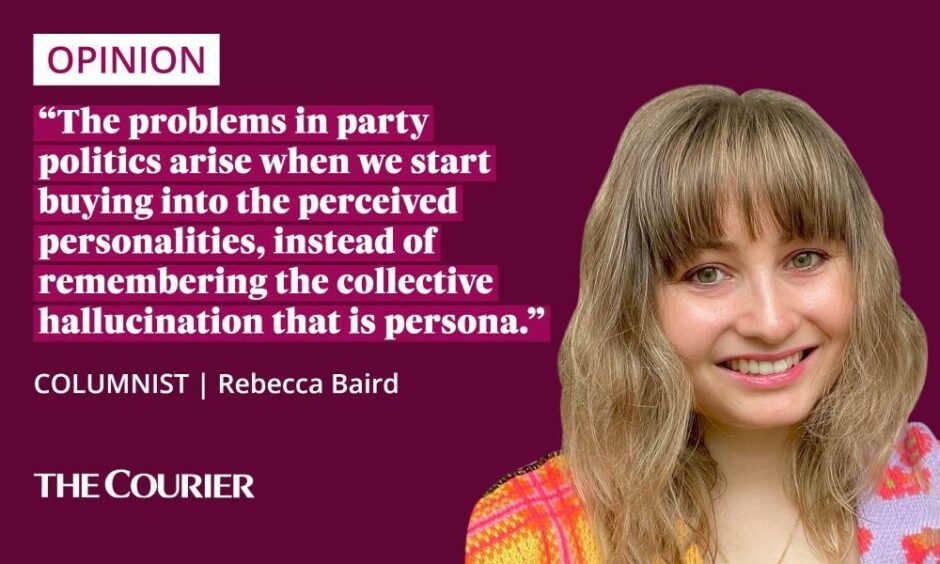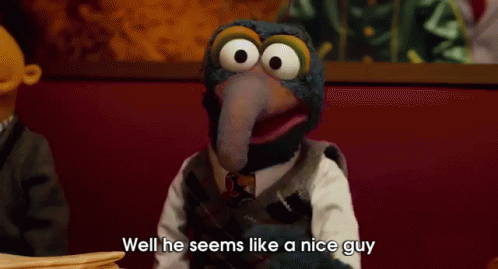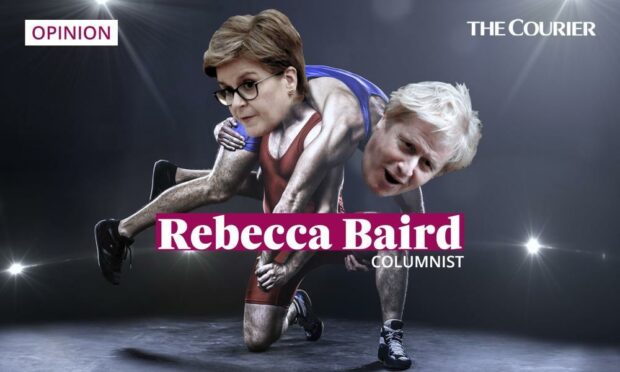I don’t like politicians and you shouldn’t either.
Original, right? But here’s the thing –
It’s not that I think politicians are all unlikeable, or bad people; quite the contrary, many are very likeable.
That’s the problem – it’s their job to be.
Politics, like any other occupation, is a job; and people that succeed at it do so because they’re good at it.
That means being good at persuasive language, verbal sparring, and, if the latest UK Government is anything to go by, truth-bending (and wine selection).

In politics, likeability is etiquette – like tennis players wearing white or bar staff in cocktail joints doing fancy mixing acrobatics.
It doesn’t make the serve any stronger or the drinks any tastier, but it’s part of the job.
And as voters, tolerating the rules of political engagement is a sort of mass suspension of disbelief; we must listen to the crafted wit and niceties and cajolery to hear the outcomes; we rent the fiction to get to the facts.
But the problems in party politics arise when we start buying into the perceived personalities, instead of remembering the collective hallucination that is persona.
I’m thinking of controversial Lisa Keogh, vagina-haver and self-confessed “fan of Alex Salmond”, who cites “charisma” first up when asked why she admires him.
Charisma is king of personality politics
With the rise of social media has come the fall of perceived boundaries.
Once-elevated celebrities are now more accessible than our next-door neighbours.
And sadly, since politics has become a breeding ground for the less fashionable of the fame-hungry, our governing officials are also often more valued for their entertainment value, and their perceived personalities than… y’know, their policies.
Instead of willing supporters, reasoned critics, and sceptical admirers, folk like Boris Johnson, Alex Salmond, Nicola Sturgeon, Sadiq Khan and even Kate Forbes have fans.
Ew.
We – the public, the media – pit them against each other on the regional and world stages like WWE wrestlers.
They become larger-than-life caricatures whose mission is simply to knock out their bobble-headed opponent with witty jabs and clever misdirects of information.
We judge them based on superficial parts of the persona they show us – their hobbies, their outfits, their oratory skills and grasp of pop culture – before we even get to their manifesto.
It’s a popularity contest of epic proportions, where all it takes to win is a loud voice and one wicked, well-timed quip.
We’ve applied Tinder-esque, ‘I like their vibes’ criteria to our government officials, and it needs to stop. It’s not working.
Because when we invest our energy – our Tweets, our news pages, our focus – in a politician’s personality, we lose sight of why we employ them: to represent our voices.
Personality pips policy at the post
Part of the reason we do this, I think, is down to our voting system.
For UK Government elections, we use the first past the post system, unlike in the Scottish Parliament, which uses a ‘proportional representation system’ called AMS.
The main difference is that on a UK ballot paper, you put a cross next to a candidate’s name; in Scotland, you stick your X next to a party.
I remember being taught in school that in first past the post, ‘you vote for a person, not a party’ – and it not making sense then.
Because in Britain’s long-standing ‘two-sometimes-three’-party system, one seems inextricably linked to the other.
You cannot vote Boris and not be voting Tory. You cannot support Nicola Sturgeon and ignore her Indyref agenda.
When someone aligns themselves with a party, they are making a statement – that that party’s values align with their own.
So it seems only reasonable that by supporting that candidate, you’re saying that party represents your values as well.
Or that, vice-versa, to support a party, you would vote for its candidate – regardless of how ‘likeable’ they are.
After all, bums in seats is what gives a party power; it’s what gets them past the post first.
Politics needs to about-face… and be less about face
Which is why is baffles me so much that people would vote based on a face, rather than a philosophy.
Now, of course, I understand some of the nuances. You might, for example, vote for a candidate whose goals for your local area align with your interests, even if their party’s policies aren’t your cup of tea.
But it seems foolish to expect a candidate won’t uphold his party’s poor decisions just because he seemed like a sound guy to you in the pub.

It’s clear from the deluge of political scandals that the UK has endured in the last few years that our taste in leaders is, to bring back the Tinder metaphor, much like my taste in romantic partners – self-destructive and in need of serious evaluation.
If we’ve learned anything, I hope it’s that prioritising personality in politics isn’t the way to get the best person for the job.
And that our ‘first past the post’ voting system is in need of a facelift.












